What is Typhoid: Symptoms, Causes, Treatments and Preventions
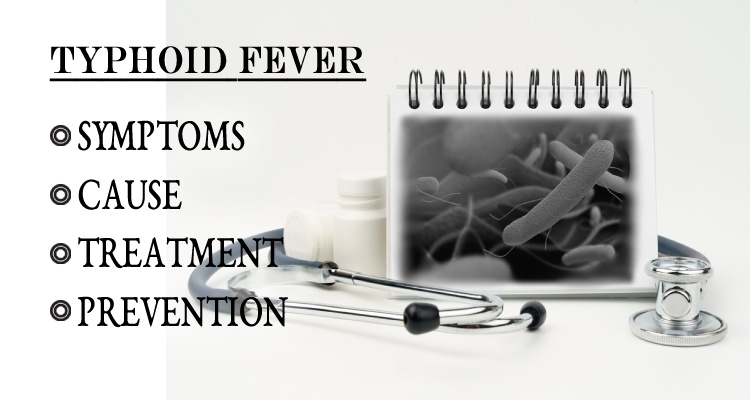
Typhoid fever is a common bacterial infection that can spread throughout the body and affect many organs. Noticing any symptoms of this fever needs proper treatment and vaccination. If not treated earlier, it can cause some serious complications for your health, which can also be fatal. This is why, keeping everything in mind, one needs to go for treatment.
An Overview of Typhoid fever
Typhoid fever can happen at any age and at any point in time. There is no age barrier for this disease to occur; a bacterium called Salmonella typhi is solely responsible for the fever. This particular bacterium is mainly related to specific bacteria that can cause salmonella food poisoning. One of the essential factors to note is that typhoid is contagious, and any infected individual can pass this to another through their pee and poo. This is to remember to maintain a social distance from typhoid affected people.
Who All Gets Affected?
Plenty of people do not get the proper access to hygiene; clean water and sanitation get affected easily. Though anyone can develop this problem, primarily children are at risk of developing typhoid worldwide. One who does not have a proper immune system faces typhoid symptoms mainly. But as per the doctors and health experts, children tend to have milder symptoms than adults in this case.
What are the Symptoms of Typhoid Fever?
Typhoid patients can have typhoid signs almost 7-14 days after exposure to typhoid viruses. The average duration of typhoid fever is 3-4 weeks and varies in severity, and the incubation period for typhoid viruses is 7-14 days. In fact, during typhoid, there is a gradual increase in temperature (step ladder pattern). Some of the typhoid fever symptoms to consider:
- Diarrhoea and Constipation
- Headache
- High fever
- Poor appetite
- Lethargy
- Fatigue
- Cold and cough
- Chest congestion
- Enlarged spleen and liver
- Abdominal pain
- Generalised pain and weakness
- Rose-coloured spots on the chest
Once the infection starts increasing, one loses their appetite and tends to have a high fever. One can also face a problem like constipation and diarrhoea. From tummy ache to cold and cough, everything can happen during typhoid. Few people may develop rashes in their body too. This is why; it should be treated as soon as these symptoms are noticeable. If this is not treated earlier, these symptoms continue to grow to make a person fall weak.
What are the Causes and Risk Factors?
Along with symptoms, and before knowing the prevention, one should know the cause of typhoid. The leading cause of the fever is Salmonella typhi. This mainly spreads through drinking water, food and beverages, which turn out to be contaminated due to the typhoid-infected faecal matter. The infected person’s stool tends to spoil the whole supply of water around a typhoid patient.
Along with knowing the typhoid fever causes, you also need to know the risk factors as well. The typhoid-related infection comes with many risk factors that contain sex, age, consumption of unwashed produce, poor sanitation, contaminated water, and poor hand washing practice. One needs to be as hygienic as one can. Start drinking clean water and try to be sanitised every time to stop the initial phase of typhoid.
Diagnostics in Development
There are some labs and imaging centres, which offer typhoid tests to their patients. Several typhoid diagnostics, which mainly aim to overcome the shortcomings of existing methods, are in development by being rapidly and cost-effective and delivering accurate results. Three serological-based rapid diagnostic tests include TUBEX®, Typhidot, and Test-It Typhoid (KIT).
Based on the signs and symptoms, your doctor suspects whether you are developing typhoid fever or not. They also ask for your travel and medical; history. The entire diagnosis gets usually confirmed by recognising Salmonella typhi in a culture of your blood or other body fluid or tissue.
The doctor also suggests a culture test where you need to present a sample of your stool, blood, urine or bone marrow. It is checked under the microscope for the presence of typhoid bacteria. A culture test is the most common diagnostic test, which clinics suggest.
Treatment and Vaccination
Typhoid fever needs prompt treatment along with antibiotics. If this disease gets diagnosed initially, there is a high chance that an affected individual gets treated easily with a course of antibiotic tablets (7-14 days).
After the test for typhoid fever, if a person is diagnosed with a severe fever, admitting them to the hospital would be needed. But if this gets diagnosed earlier, then they start feeling better with antibiotics. Earlier, people used to die due to severe typhoid, but nowadays, with the advancement in medical science, typhoid deaths are pretty unheard of.
If typhoid fever is not treated correctly, this is mainly estimated that up to 1 in 5 people with the condition will die. Some of those who actually survive can develop serious complications caused by the infection.
Nowadays, doctors recommend taking vaccinations that can protect against typhoid fever. Along with medications and rests, vaccinations are required for typhoid treatment. Vaccination is also suggested for those planning to travel to parts of the world where typhoid fever is widespread.
It is equally imperative when you plan to work or live closely with local people. As you know, precaution is better than cure, so start taking vaccination but always consult a doctor or a health expert. Along with that, you should maintain your hygiene. Start drinking clean water and have food, which is good for your overall health. Most importantly, try to keep distance from people who are detected with typhoid.
Disclaimer: The information on this website should not be used as a substitute for professional medical care or advice. Contact a health expert if you have questions about your health.





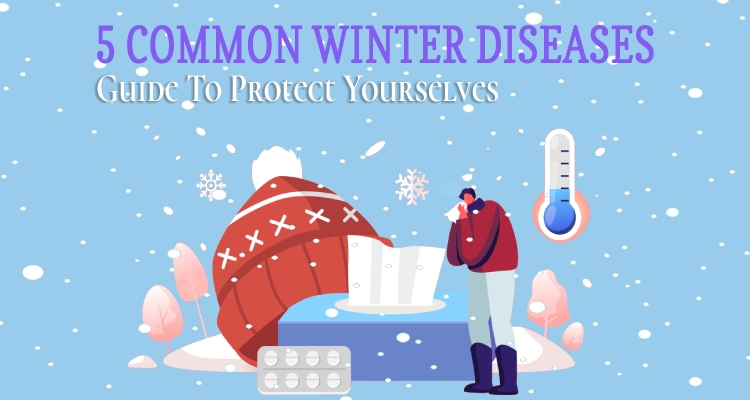

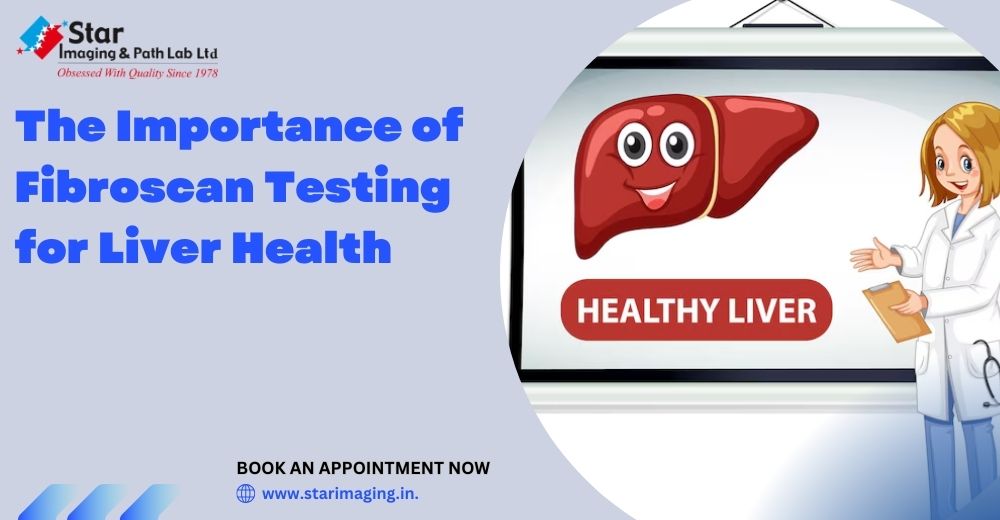
.jpg)
.jpg)
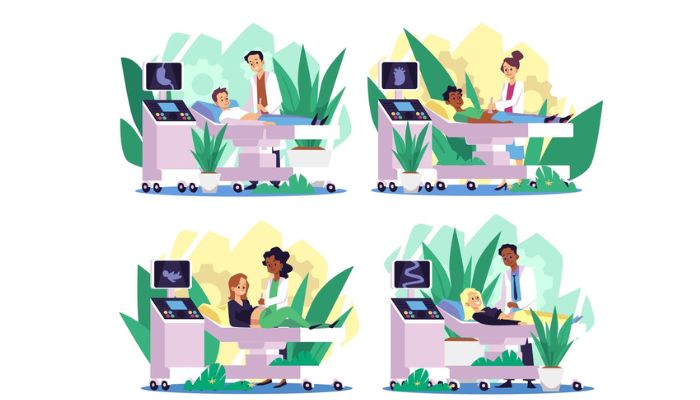
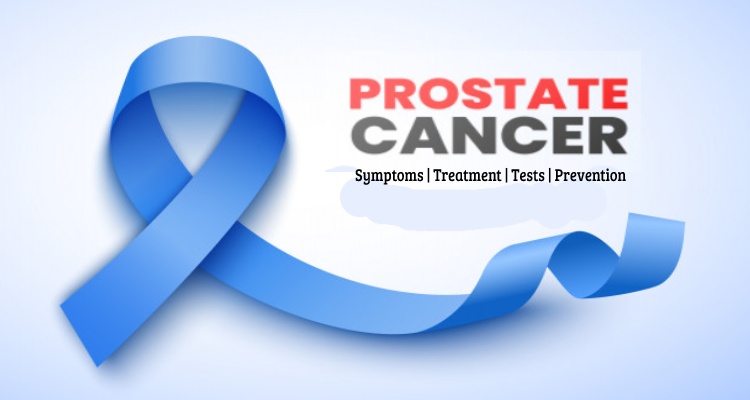
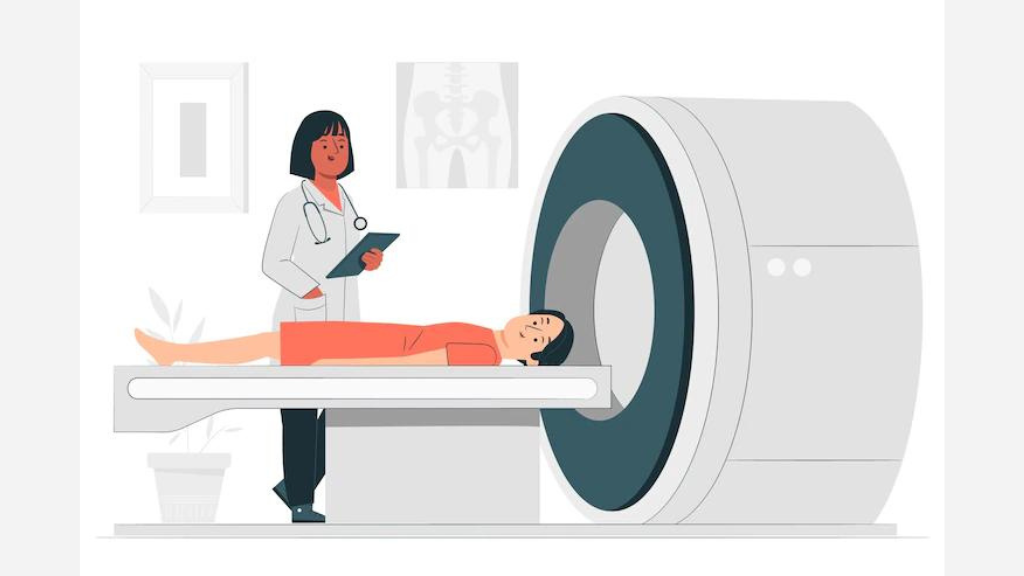
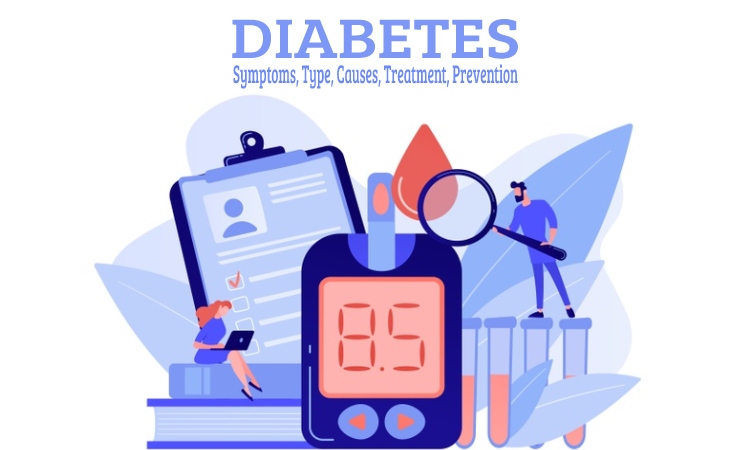
Comments List